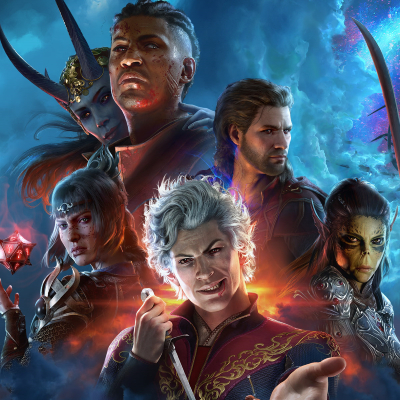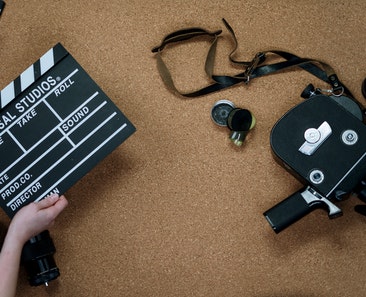Revenge of the Savage Planet was generally well-received when it released back in May this year, accruing a Very Positive Steam rating and a respectable score of 81% in our Revenge of the Savage Planet Review. But according to its creative director Alex Hutchinson, the comedic cooperative adventure hasn't made all that much money, despite over a million people playing it across PC, console, and services like Game Pass.
In fact, one might argue that the last sentence should read 'because' rather than 'despite'. Hutchinson certainly reckons that Game Pass is part of the problem. Speaking to FRVR, Hutchinson explained that although Microsoft's service exposed Revenge of the Savage Planet to hordes of new players, this didn't convert into cold, hard cash for developer Raccoon Logic.
"We’ve had millions of players and that’s great, but people have an expectation of getting things for free these days—whether that’s through Game Pass or other things—it hasn’t monetised as well as we would like, which is pretty dangerous," he told the site.
Hutchinson then elaborated that Revenge was "not a super cheap game" to make, and that because it was funded largely by Tencent, it is "not a game we get royalties on until [we] repay the advance."
Raccoon Logic hoped that the massive influx of players Revenge received from Game Pass—which Hutchinson states was "over a million"—would translate into sales for its Cosmic Hoarder upgrade, which costs $10. But Hutchinson says this hasn't been the case.
"The attach rate for that has just been appalling," he pointed out. "What it says is, if you give stuff for free, then what you've done is told people not to pay for it. ‘Oh, you get the game for free, so buy the expansion pack’. That was the pitch. But we have the worst attach rate for the expansion pack on Game Pass."
Hutchinson compares this to players who purchased the game outright, where he says the attach rate for the DLC has been much higher. "The people that paid for the main game buy the expansion, and the people that didn't pay for the main game don't pay for anything."
Hutchinson views this as part of a race to the bottom for the industry, where a combination of subscription services, deep discounts, and regularly offered free games means developers are competing not just with each other, but their own back catalogues.
"I think it's existentially dangerous for a lot of developers, in that, in the old days, there was such as technological leap or such as visual leap between console generations—and you couldn't play your old stuff on the new hardware—so both of those things meant that people shelled out for new games a little bit [more]," he explained.
"But now with backward compatibility and with subscription services and with giveaways and free games and the back catalogue being ever-present on Steam, yeah, it’s a golden age of volume and quality of games. So it’s very hard to break through."
It's worth noting that not everyone in the industry correlates putting their games on Game Pass with lost sales. Mike Rose, the director of indie publisher No More Robots, has witnessed the subscription service have the opposite effect on the publisher's games. Admittedly, though, this was several years ago.
More recently, Hutchinson isn't the only industry figure equating Game Pass with lost sales. Pete Hines, the former Xbox VP, recently said that high game adoption on Game Pass 'comes at the expense of retail revenue'. Even Microsoft itself revealed Game Pass cost them about $300 million in sales when it put Black Ops 6 on the service last year, which may help explain the enormous price hike Game Pass received at the start of October.

2025 games: This year's upcoming releases
Best PC games: Our all-time favorites
Free PC games: Freebie fest
Best FPS games: Finest gunplay
Best RPGs: Grand adventures
Best co-op games: Better together



